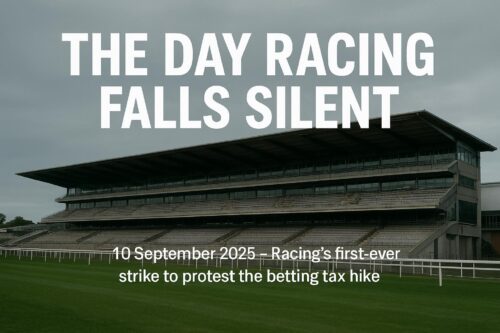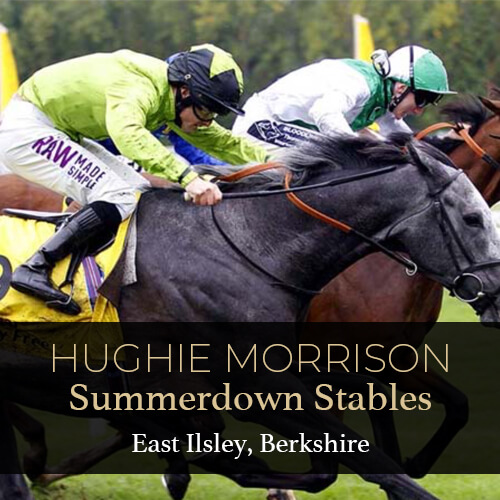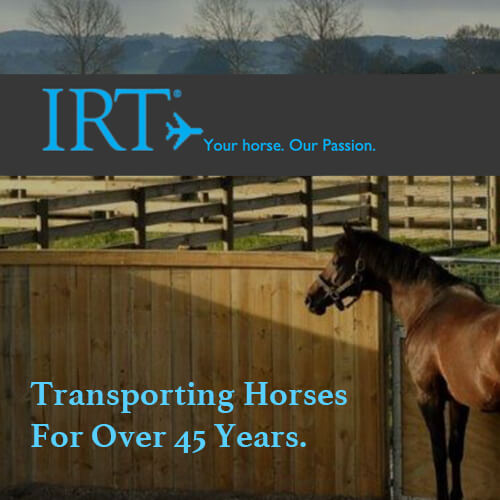Racing Draws a Line In The Sand
 British racing is about to do something it has never done before. And I think it is absolutely fantastic.
British racing is about to do something it has never done before. And I think it is absolutely fantastic.
On Wednesday, 10th September 2025, the sport will shut itself down in protest against the government’s proposed betting tax reforms. Fixtures at Carlisle, Uttoxeter, Lingfield and Kempton have all been cancelled, leaving the day’s programme completely blank - a deliberate, highly symbolic move.
At issue is the Treasury’s plan to replace the current multi-tier gambling levy with a single Remote Betting and Gaming Duty. Under the new structure, horseracing bets would no longer be taxed at 15% but pushed up to the 21% rate applied to online casino games. For racing, that difference is potentially devastating.
Industry forecasts warn of a £330 million fall in revenue over five years, nearly 2,800 jobs lost in year one, and a staggering £4.1 billion reduction in the sport’s wider contribution to the UK economy. It is not simply about prize-money or margins for bookmakers; it is about the entire ecosystem, from stable staff to stud farms, from rural communities to racecourse hospitality.
The sport’s leaders—normally divided by internal rivalries—have come together under the banner “Axe the Racing Tax”. The British Horseracing Authority, the Jockey Club and Arena Racing Company are presenting a rare united front, arguing that horseracing is not just another gambling product but a national institution that deserves to be treated differently from casino games.
BHA chief executive Brant Dunshea has described the strike as a last resort. The intention is not only to show solidarity but to force politicians to confront what racing’s absence means. With the strike staged just days before the St Leger Festival, the timing is designed to maximise attention. While racecourses fall silent, trainers, jockeys, owners and administrators will be in Westminster, making their case directly to MPs.
The government insists the reforms are about simplification rather than revenue-raising, and has said it remains open to consultation. But few within racing are reassured. For them, this is a fight for survival, not a matter of accounting neatness.
The risk of striking is obvious. Some punters may shrug, some politicians may refuse to be swayed. But by shutting down for a day, racing demonstrates that it is prepared to defend itself—and that it will not go quietly.
This is no ordinary fixture reshuffle. Yes, the lost meetings have been rescheduled across the surrounding days, but the symbolism of an empty Wednesday is the message. The sport is saying: racing matters, and the cost of ignoring that truth will be far greater than any short-term gain in Treasury receipts.
For once, the many voices of British racing are speaking together. Whether Westminster listens remains to be seen. But on 10 September, the silence of the racecourses will speak louder than words.
-- Carl Wilson








